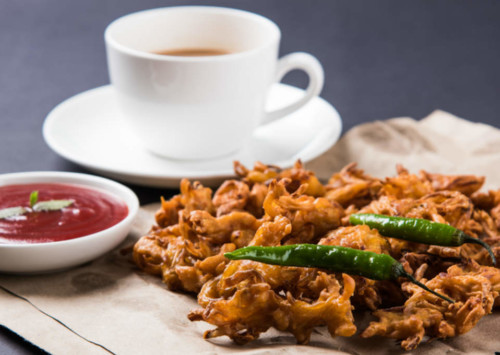The flourishing business of exotic fruits in India
As consumers in India are becoming more health-conscious and are searching for satiating options for their nutritional needs, the business of exotic fruit market in India is witnessing growth with increase in imports as well as local farmers attempting a home-grown produce.
Local fruit vendors in Indian cities selling pink dragon fruits, haired rambutan, creamy avocados, mangosteen, and more is not a rare sight today.
Exotic fruits like kiwi, egg-sized passion fruit, and thick-skinned butternut squash are increasingly catching people’s eyes. They have grown in popularity over the past few years as more specialty and traditional grocery stores have increased and diversified their offering of these ‘unusual’ fruits.
India’s annual import of exotic fruits is gradually growing over the years. Fresh fruit imports to India are pegged at 4,00,000 tonnes annually and valued at roughly INR 40 billion, according to customs data. The exotic produce is priced higher and commands a premium of 50 pc or more over local fruits. For example, imported avocados are priced between INR 200 and INR 400 per piece.
Fruits like imported apples and kiwis are now consumed on a daily basis by average consumers, which was not the case earlier. The import of kiwi has been growing at a magnificent 60 pc annually, along with citrus fruits at 30 pc and apples at 20 pc, respectively.
The low availability of local apples is also a reason for a rise in demand for imported ones. Also, exotic fruits fill up the shops during off-season for fruits. For example, local apples are generally available during the winter season, while imported apples are always available and are eventually becoming more popular.
Fruits like dragon fruit – a superfood that is almost entirely imported from South-east Asia, is witnessing a sharp increase in demand since 2014 in India. Its potential has led many farmers in the states like Himachal Pradesh, Karnataka and Kerala to cultivate the crop locally to meet the rising demand.
In Kerala, farmers are quick to latch on to what they believe would be the next big lucrative produce. They have tried growing cocoa and vanilla and now rambutan is piled high along the highways. The farmers of the state are also increasingly tying up with retail chains so that their produce can be marketed outside their state at higher prices, but low enough to compete with the imported ones.












